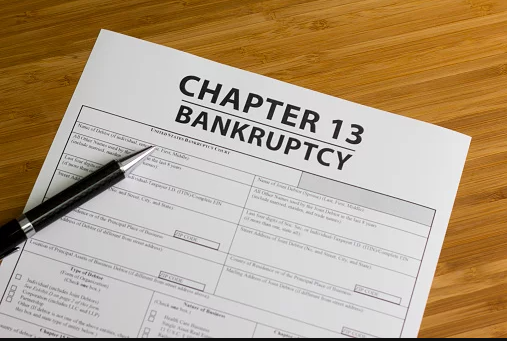
The legal implications of filing Chapter 13 Bankruptcy
Residents of New York may not realize how Chapter 13 bankruptcy pertains to an existing mortgage. During this process, certain legal rights exist to protect the homeowner from a lender being able to initiate a foreclosure, provided that the three or five-year payment plan that was established in court is not neglected. In addition to the payment plan that takes the homeowner’s financial abilities and total debts into account, the individual is also responsible for paying the monthly mortgage amount as well. If these payments are not made, the lender may be legally allowed to initiate the foreclosure process.
In extreme financial cases where an individual owes more than their home’s value, if a second mortgage has been taken out on the home, the executor may have the right to abolish it and modify it into a non-secured claim. Homeowners are encouraged by the Federal Trade Commission to try to settle the matter of missed payments directly with the lender. Often, the lender will seek to work with the individual to negotiate a repayment plan because bankruptcy will also have a negative impact on them.
The homeowner is responsible for paying any payments that were missed to the lender, including associate late fees. If the home was already in the foreclosure process prior to the bankruptcy being established, the mortgage company may be able to begin where the process left off or seek to establish a new payment plan with the individual.
Chapter 13 can be difficult to understand, and ensuring that the best course of action is taken in regards to protecting the home may be a challenge without assistance. An individual considering filing bankruptcy might hire a lawyer to help with the process and inform them of their legal rights.
Source: SF Gate, “What Do Mortgage Companies Do With Chapter 13 Bankruptcy?”, M.C. Postins, Accessed on Jan. 11, 2015

